Author: Jack Ott, Archives Assistant and graduate student in the American Studies MA Program at UMass Boston
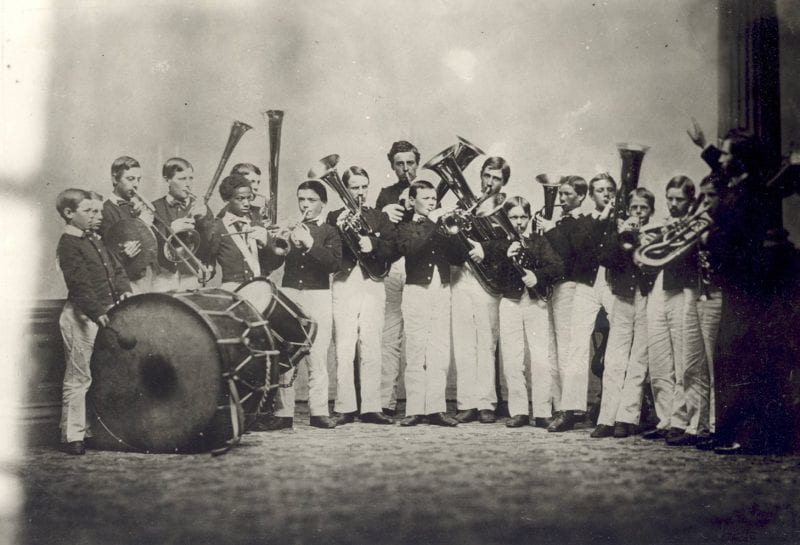
UMass Boston’s Columbia Point campus may only extend as far into the Boston Harbor as our lovely Harborwalk, but less than a mile out to sea, across the Squantum Channel, lies Thompson Island, the insular home of a fascinating chapter in Boston’s agricultural and educational history. Continuously housing charitable, vocational, or educational institutions, Thompson Island has been an offshore repository for both Boston’s disadvantaged youth and its aspiring social elite. Since 1814, the island has been home to the Boston Asylum for Indigent Boys (1814-1832), the Boston Farm School (1832-1835), the Boston Asylum and Farm School (1835-1907), the Farm and Trades School (1907-1955), Thompson’s Academy (1955-1975), Thompson Island Education Center (1975-1986), and Thompson Island Outward Bound Education Center (1986 to the present). The University Archives and Special Collections department holds the records of these institutions and our Thompson Island collection chronicles this history, with the bulk of our archival materials focusing on the years 1814 through 1977.
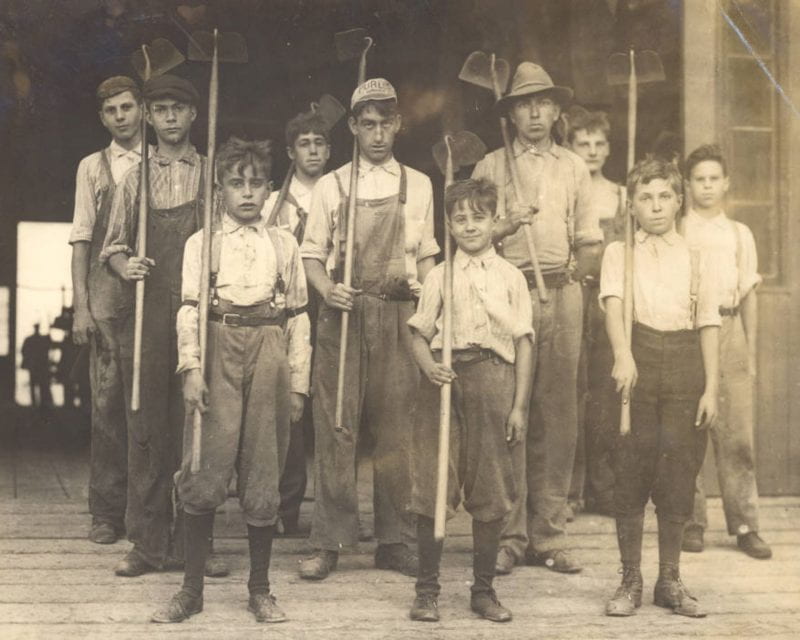
The digital collection contains nearly 150 photographs of students and faculty members of the various school as well as student scrapbooks, student records, school newspapers, and correspondences between legal guardians and administrators. For further research, please take advantage of the collection’s finding aid. Anyone interested in accessing the physical collection should email library.archives@umb.edu.
In the early years of the Boston Asylum for Indigent Boys (BAIB), most of the boys who arrived on Thompson Island were between the ages of 3 and 12. As the years progressed, subsequent institutions placed a greater emphasis on education and kept boys into their teenage years, yet as in the days of the BAIB, many were still the sons of widows who were unable to financially support their children. Separated from their families and physically isolated on the small island, these boys were seen as in need of social reform and were the subject of what historian Trisha Posey describes as a rigorous “moral cultivation.”[1] Speaking specifically about the Boston Asylum and Farm School (BAFS), Posey explains that ideologically, the school idolized an agrarian past. Yet, as Posey notes, the BAFS was largely unsuccessful in shaping most of its students in their image; of the 500 boys who entered the school between 1833 and 1849, only 136 graduated to become farmers or apprentice tradespeople, the majority had run away (277), died (29), or gone to sea (9).[2]
![Two photographs on the page of a scrapbook. The top photograph shows a person standing in front of a small airplane. The lower photograph is a portrait of a young man in front of a brick wall with "Bob [illegible]" written in pencil underneath.](https://blogs.umb.edu/archives/files/2022/07/ti3-657x800.png)
The adolescence chafing against the yoke of discipline and previous generations’ sensibilities can be traced directly in the collection. Photographs of early airplanes or mothers back home preserved in scrapbooks and student newspaper articles about baseball or Robert Falcon Scott and Roald Edmundson’s race to the South Pole offer glimpses into the youthful masculinity performed by these students physically removed from their hometowns. Thus, this collection contains both the evidence of a ruling class’s evolving pedagogical platforms of reform, as well as the excitement and bravado felt by young men in a contained homosocial space coming of age in a new, industrial world.
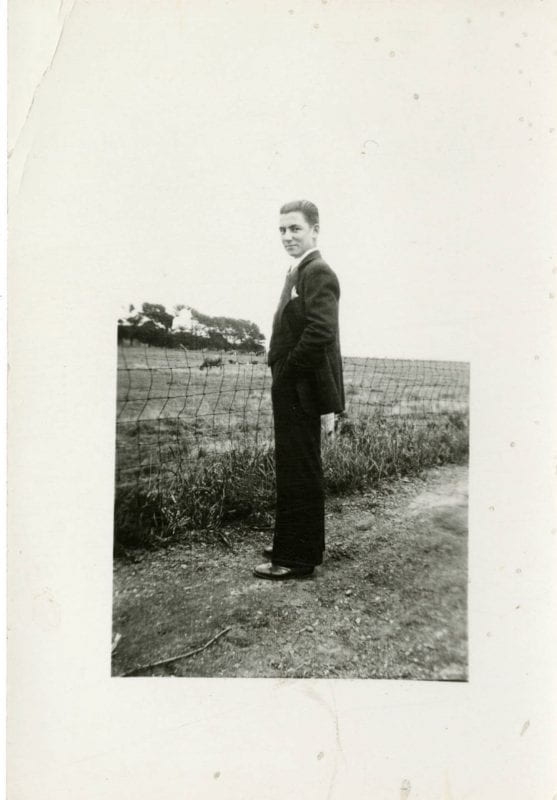
References
Posey, Trisha. “‘Little Tanned Agriculturalists’: The Boston Asylum and Farm School for Indigent Boys.” Massachusetts Historical Review 16 (2014): 49–72.
[1] Trisha Posey, “‘Little Tanned Agriculturalists’: The Boston Asylum and Farm School for Indigent Boys,” Massachusetts Historical Review 16 (2014): 64.
[2] Ibid, 60.
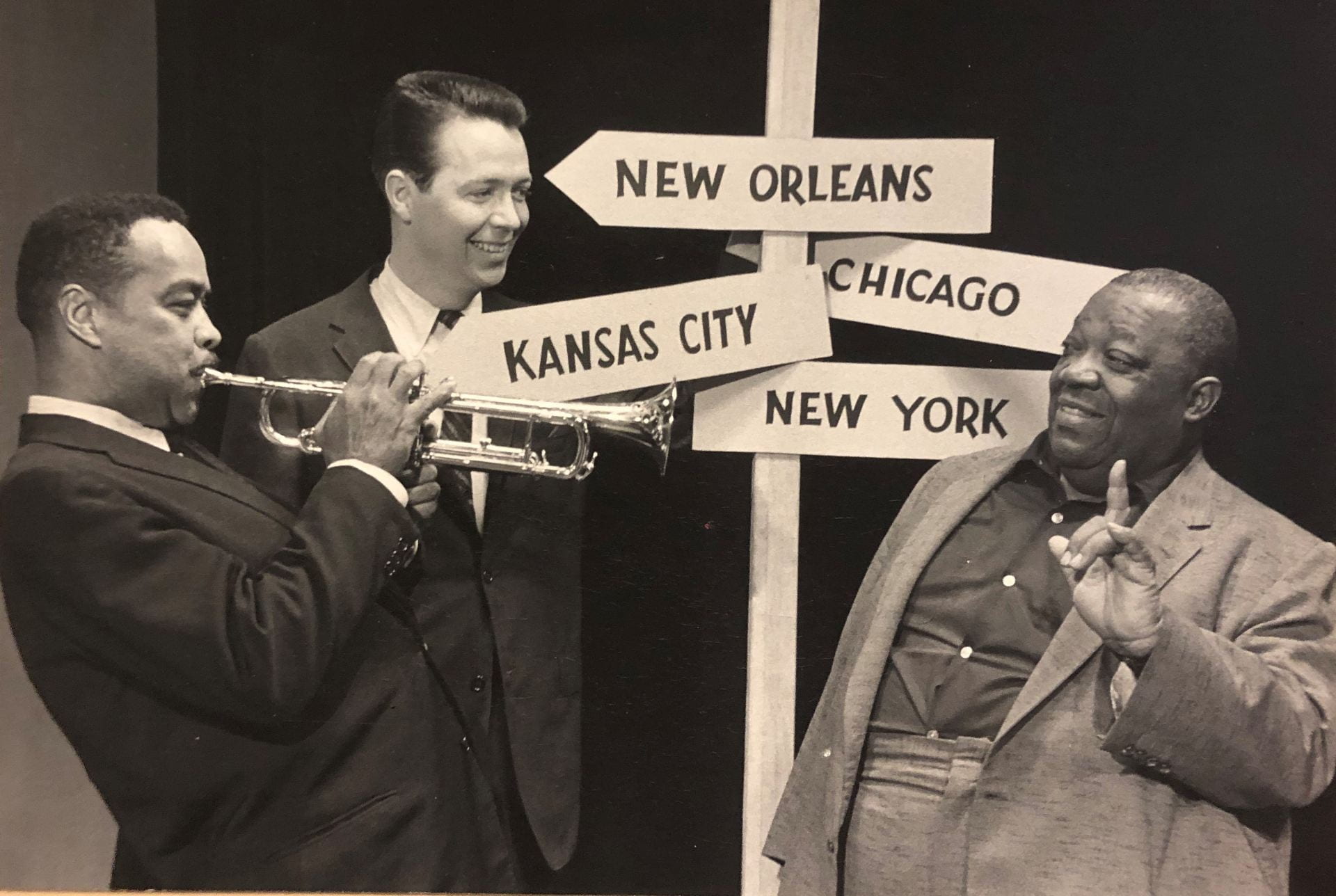
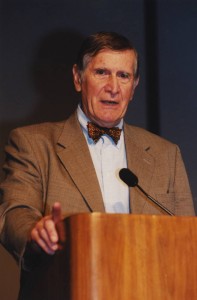





![SC-0040_13-38_pig-undated Pig, undated [circa 1913-1942]](https://i0.wp.com/blogs.umb.edu/archives/files/2015/10/SC-0040_13-38_pig-undated-1pkrjp9.jpg?w=179&h=179&crop=1&ssl=1)
![SC-0040_13-38_goat-undated Goat, undated [circa 1913-1942]](https://i0.wp.com/blogs.umb.edu/archives/files/2015/10/SC-0040_13-38_goat-undated-sj18ua.jpg?w=179&h=179&crop=1&ssl=1)
![SC-0040_13-38_cat-undated Cat, undated [circa 1913-1942]](https://i0.wp.com/blogs.umb.edu/archives/files/2015/10/SC-0040_13-38_cat-undated-2gc8q86.jpg?w=179&h=179&crop=1&ssl=1)
![SC-0040_13-38_geese-undated Two geese, undated [circa 1913-1942]](https://i0.wp.com/blogs.umb.edu/archives/files/2015/10/SC-0040_13-38_geese-undated-17mch9q.jpg?w=179&h=179&crop=1&ssl=1)
![SC-0040_13-38_cow-and-calf-undated Cow and calf, undated [circa 1913-1942]](https://i0.wp.com/blogs.umb.edu/archives/files/2015/10/SC-0040_13-38_cow-and-calf-undated-2bljnat.jpg?w=179&h=179&crop=1&ssl=1)